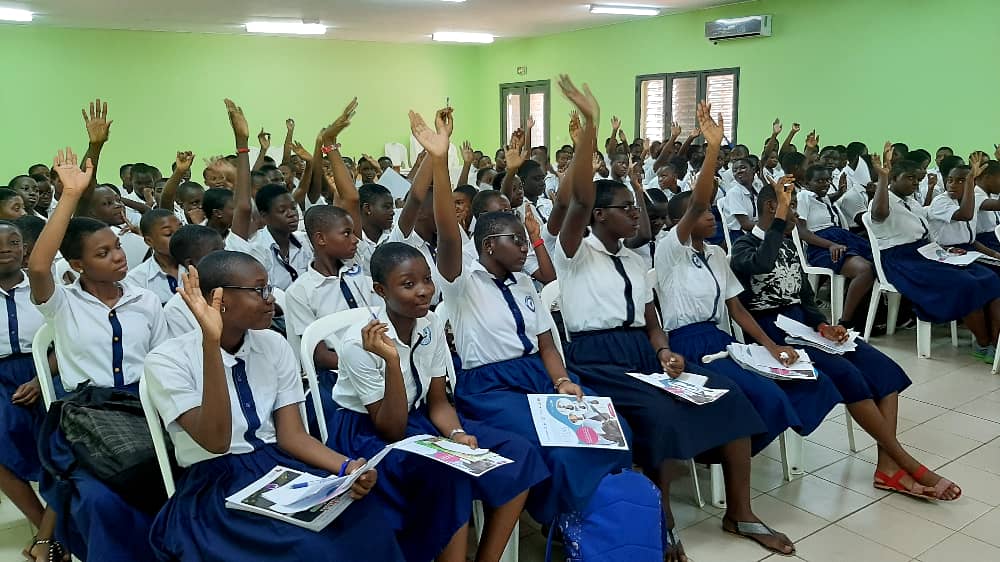
In Ivory coast over 350,000 young people enter the job market annually, yet a significant number face precarious employment or unemployment.
The Second Chance School (École de la Deuxième Chance, E2C) initiative stands as a beacon of hope, designed to accelerate the professional integration of vulnerable youth by equipping them with in-demand skills.
The E2C offers tailored training programs aligned with the real needs of the productive sector.
“These programs are designed to reduce unemployment, which currently exceeds one million, with an interim target to lower this to 400,000 by 2024,” explains Christopher Adjoumani, who highlights the project’s ambitions within the framework of PSGouv2.
Recognizing the persistent presence of job seekers lacking sustainable employment or in need of retraining, E2C focuses on courses adapted to the requirements of local industries.
This approach ensures that learners acquire skills actively sought by employers, enhancing their chances of swift absorption into the economy.
The scale of E2C is ambitious: it aims to train over 400,000 individuals nationwide through short-term qualifying courses and apprenticeships. The Directorate of Apprenticeship and Professional Integration, alongside AGEFOP, will spearhead these efforts.
Between 2016 and 2020, these bodies successfully trained nearly 45,000 people under the PEJEDEC project.
Adding an innovative dimension, E2C has launched pilot programs in agricultural sectors supported by the French Development Agency.
In the Gbêkê region, 4,500 trainees will gain rural trade skills through the National Rural Trades Program (PNMR).
Additionally, nearly 10,000 participants will receive road safety training in partnership with the Ministry of Transport, working towards obtaining the mandatory Road Driver Aptitude Certificate (CACR).
This multifaceted support—integrating government ministries and international partners—reflects a robust commitment to youth empowerment.
For many unemployed young Ivorians, the Second Chance School embodies a promising pathway to sustainable employment and economic participation.



